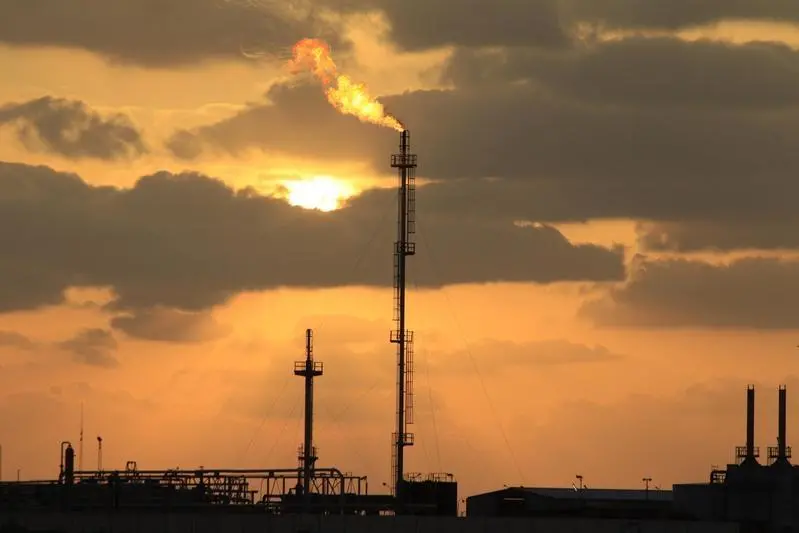PHOTO
(Adds details, context)
TUNIS, May 10 (Reuters) - Tunisia's President Beji Caid Essebsi on Wednesday ordered the army to protect facilities linked to phosphate, gas and oil production after protests aimed at disrupting output broke out in the south of the country.
It is the first time troops in Tunisia will be deployed to protect industrial installations that are key to Tunisia's economic output in response to demonstrations.
For several weeks, about 1000 protesters in Tatouine province where Italy's ENI
ENI.MI
and Austrian firm OMV
OMVV.VI
have gas operations, have been demanding better employment opportunities and an increased share in revenue for the area's natural resources.
The unrest has also spread to Kebili region.
"It is a serious decision, but it must be applied to protect our resources," Essebsi said in a speech to the nation.
The military deployment will take place immediately, said the president. Tunisia has been transitioning towards democracy since a revolution in 2011 that ended the rule of former President Zine El Abidine Ben Ali.
"Our democratic path has become threatened and law must be applied but we will respect freedoms", Essebsi added.
The protests come at a sensitive time as the government tries to enact austerity reforms. Tunisia is a small oil and gas producer compared to its OPEC neighbors Libya and Algeria, with production around 44,000 barrels per day.
Protests that have hit the phosphate sector in past years cost the country more than $ 2 billion, according to officials.
(Reporting By Tarek Amara; editing by John Stonestreet) ((tarek.amara@thomsonreuters.com;))
TUNIS, May 10 (Reuters) - Tunisia's President Beji Caid Essebsi on Wednesday ordered the army to protect facilities linked to phosphate, gas and oil production after protests aimed at disrupting output broke out in the south of the country.
It is the first time troops in Tunisia will be deployed to protect industrial installations that are key to Tunisia's economic output in response to demonstrations.
For several weeks, about 1000 protesters in Tatouine province where Italy's ENI
The unrest has also spread to Kebili region.
"It is a serious decision, but it must be applied to protect our resources," Essebsi said in a speech to the nation.
The military deployment will take place immediately, said the president. Tunisia has been transitioning towards democracy since a revolution in 2011 that ended the rule of former President Zine El Abidine Ben Ali.
"Our democratic path has become threatened and law must be applied but we will respect freedoms", Essebsi added.
The protests come at a sensitive time as the government tries to enact austerity reforms. Tunisia is a small oil and gas producer compared to its OPEC neighbors Libya and Algeria, with production around 44,000 barrels per day.
Protests that have hit the phosphate sector in past years cost the country more than $ 2 billion, according to officials.
(Reporting By Tarek Amara; editing by John Stonestreet) ((tarek.amara@thomsonreuters.com;))





















